JournalismPakistan.com | Published January 29, 2017
Join our WhatsApp channel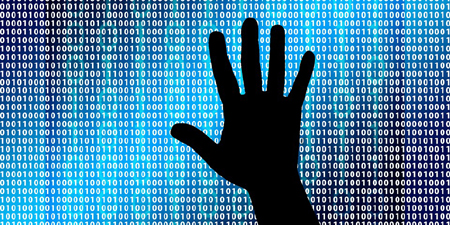
LILLE - Jihadists have yet to shut down a power grid, paralyze a transport network or banking system or take over a key industrial site from afar, but experts say the threat of such a cyber-attack should be taken seriously.
Analysts fear that while extremist groups may not have the necessary skills themselves, they could hire someone else to wreak havoc.
"Digital attacks with major impacts are unlikely in the short term," said Guillaume Poupard, head of France's digital security service ANSSI, speaking to AFP at an international cyber security conference in Lille, France.
"However, that could change very fast. Our real fear, and we may already be there, is that they will use mercenaries, people who will do anything for money," Poupard said.
The Islamic State group, Al-Qaeda and other jihadist groups are so far using the internet mainly for propaganda and recruitment purposes.
"The skills are complex, though not at the level of a nuclear weapon," Poupard said.
"With a few dozen people, a little money, but not that much, you can be effective."
Earlier this month, Europol director Rob Wainwright also warned of the use of digital mercenaries by jihadist groups at the World Economic Forum in Davos, Switzerland.
"Even if they don't have access to the capabilities, they can simply buy it on the darknet (a hidden internet realm of encrypted websites), where there is an enormous trade in cyber criminal technology," Wainwright said at a panel discussion on "Terrorism in the Digital Age".
"That said, attacking the critical national infrastructures at least of most countries is... not easily done, and it's something that is not as immediate and showy as firing automatic weapons in a theatre or in public," he added.
Data pirates and cyber criminals from several countries, often linked to organized crime, offer their services on the darknet.
Given the anonymity of the sites, some may help jihadists without realizing it.
"In fact, that's our fear," Poupard said. "It's no so much that IS can quickly develop cyberattacks but that they will be able to go through intermediaries."
Speaking in Davos, retired Pakistani General Raheel Sharif said cyber terrorism is "a real threat".
"As technology improves, the possibility exists that someone can hack into a very sophisticated system and control that resource in such a way as to do maximum damage somewhere."
Most developed countries are steadily boosting their defences against the cyber threat, be it terrorism, crime or espionage.
"Terrorist groups that currently use the internet for planning, propaganda and recruitment purposes could become full players in the cyber arena," French Defence Minister Jean-Yves Le Drian said last month as he unveiled his country's policy on military cyber security.
"Since asymmetrical operations are naturally etched into their DNA, cyber space gives them an obvious field of action, where major damage can be inflicted with limited means," he said.
Disturbing precursors of more insidious actions ahead are internet interlopers that do not steal or destroy data but appear to map websites, preparing offensive weapons for later use.
"This kind of attack has even begun in some countries," Poupard said. "We are closely following what's happening in Ukraine where strange breakdowns are becoming frequent that are caused by extremely sophisticated actions." - AFP

June 11, 2025: Pakistan celebrated a narrow win over Bangladesh, but beneath the jubilation lies a deeper crisis—from sidelined veterans to a collapsing domestic structure—signaling an urgent need for cricket reform.
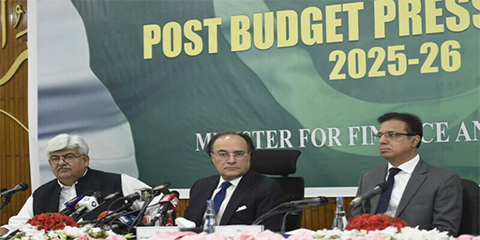
June 11, 2025: Journalists walked out of the post-budget press conference in Islamabad to protest the absence of a technical briefing and the government's dismissive behavior, calling it unacceptable and intolerable.
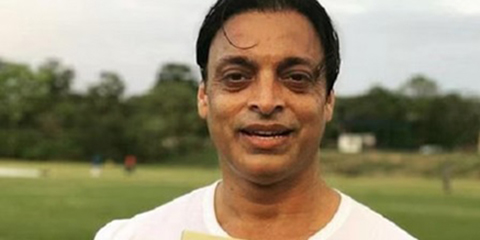
May 31, 2025: Dr. Nauman Niaz has issued a defamation notice to Shoaib Akhtar over derogatory remarks made during a recent broadcast, reigniting a longstanding media feud between the two prominent figures in Pakistan.

May 30, 2025: The Human Rights Commission of Pakistan has demanded the full repeal of PECA, citing its vague language, coercive powers, and threats to free speech and digital rights in Pakistan.

May 30, 2025: The Pakistan Federal Union of Journalists (PFUJ) has condemned the murder of journalist Syed Mohammed Shah in Jacobabad, calling for urgent justice and improved safety for media professionals in Sindh.

May 26, 2025: In Rawalpindi, police allegedly side with Jang Group to block 66 reinstated employees from resuming work despite court orders, drawing sharp criticism from unions and press freedom advocates.

May 25, 2025: PFUJ condemns the Jang Group's decision to dismiss over 80 employees in Rawalpindi, calling it an 'economic massacre.' The union warns of nationwide protests if workers are not reinstated.
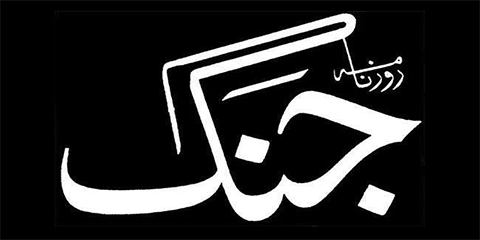
May 25, 2025: Daily Jang Rawalpindi has terminated over 80 employees, including female staff, despite multiple court rulings in their favor—raising concerns over labor rights violations and misuse of authority in Pakistani media.

May 19, 2025 PJS reports 219 Palestinian journalists killed in Israeli attacks since October 7, with 30 women among the victims. Over 430 were injured and 685 family members were killed. Read more on the systematic targeting of media in Gaza.

May 15, 2025 Discover the legacy of Samiullah Khan, Pakistan’s legendary "Flying Horse," whose breathtaking speed and artistry redefined hockey. From Olympic glory to World Cup triumphs, his story is one of myth, movement, and magic.
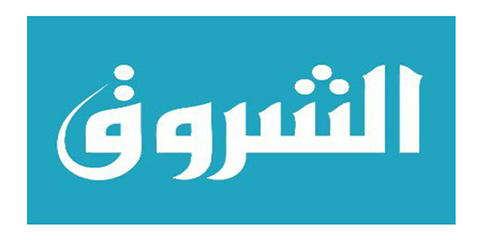
May 04, 2025 Algerian authorities suspend Echorouk News TV for 10 days after it used a racist slur against African migrants. ANIRA demands an apology, calling it a violation of human dignity.

May 04, 2025 NCHR and MMfD launch a journalism fellowship to train reporters on digital rights & gender inclusion in Pakistan. Supported by UNESCO, this initiative aims to bridge the gender digital divide. Apply by May 15, 2025!
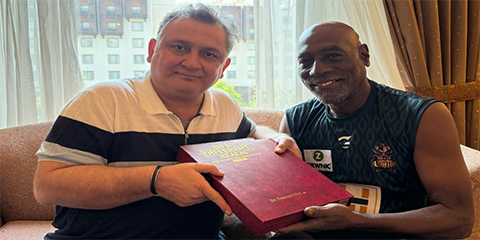
April 23, 2025 Discover Dr. Nauman Niaz’s In A Different Realm: Story of Quadruple & Triple Centuries 1876–2025, a profound exploration of cricket's most monumental innings, blending historical analysis with poetic narrative.